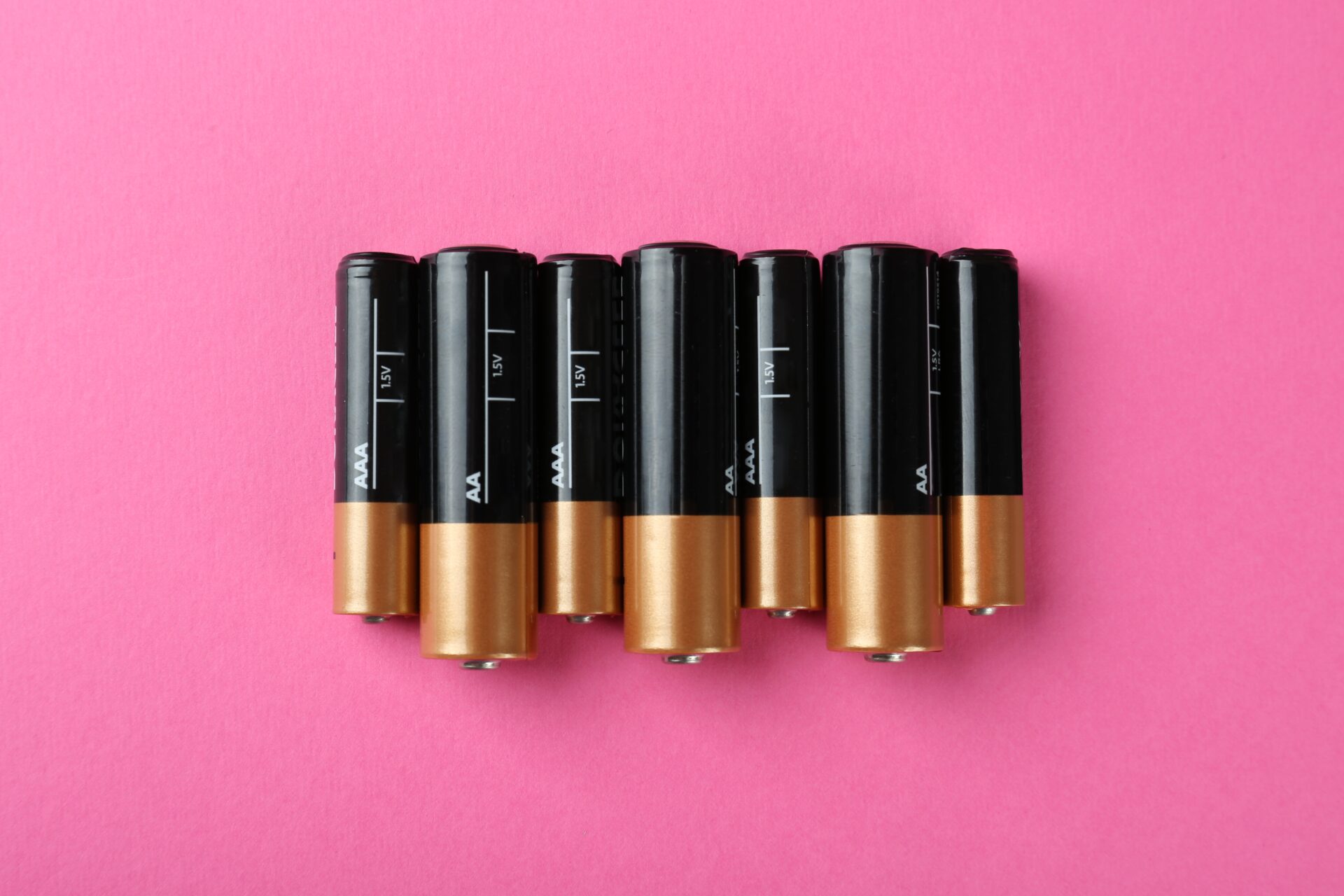Producer Responsibility for Batteries
At Recipo, we are happy to help you with your producer responsibility for batteries. We solve a flexible collection system and manage the contact with the respective Environmental Protection Agency or responsible authority.

Let’s Talk About Batteries
If you produce and sell batteries in various forms, you are typically classified as a producer and are subject to producer responsibility for batteries. As battery producers, it is your responsibility to ensure proper handling of your products when they become waste.
To make it easier for you as a producer to meet the legal requirements that apply to you, we at Recipo have gathered all the essential information you need to be aware of. Our services also assist you with your producer responsibility for batteries.
What are your Obligations as a Producer of Batteries
The most important thing you need to know if you are covered by producer responsibility for batteries is what your obligations are by law. Here is an overall list of obligations that are included in producer responsibility.
A Producer must:
- Participate in a collection system that manages their batteries when they become waste. For instance, Recipo is an example of such a system.
- Label the batteries.
- Inform consumers about recycling methods.
- Register with the Environmental Protection Agency in the country where the products are sold.
- Report your battery sales and recycling methods to the Environmental Protection Agency or responsible authority in the country where the products are sold (Recipo handles this reporting through our portal).
If you have any questions or need further clarification regarding these obligations, feel free to reach out to us.
Which Batteries are Covered by Producer Responsibility?
Almost all batteries fall under producer responsibility. The only exceptions are batteries manufactured for military use and those intended for space missions. Batteries are typically categorized by the Environmental Protection Agency’s into three main types: portable batteries, industrial batteries, and car batteries.
Recipo can assist you with the collection of portable and small industrial batteries if you choose to join our collection system. We support you with all aspects of producer responsibility, from reporting to recycling.
Portable Batteries
These batteries are primarily designed to be portable, as the name suggests. They should also be sealed and not classified as industrial or car batteries. Common examples include mobile phone batteries and AA batteries.
Industrial Batteries
These batteries are produced for industrial applications. They are used in contexts such as electric bicycles, electric cars, and other electric vehicles.
Built-in Batteries = Two Producer Responsibilities
If you sell electronics with built-in batteries, be aware that you have dual responsibility: for electronics and for batteries. You must comply with requirements from both regulations.
Also, clearly specify in the user manual the type of batteries used, how to remove them, and how to recycle them.
All electrical equipment containing built-in batteries is subject to two regulations:
– Regulation on producer responsibility for electrical equipment
– Regulation on producer responsibility for batteries.

Frequently Asked Questions
How should waste batteries be handled?
End-of-life batteries must be handed in for recycling so that as much of the battery as possible can be reused in new products. Producers of batteries are required to have a collection system where they can receive used batteries.
Are batteries flammable?
Ordinary batteries used in the household are usually not a major fire hazard, as long as they are not broken. The larger the batteries, the greater the risk of fire. For example, you should not charge electric bike batteries near fabrics and materials that catch fire easily.
Is there mercury in batteries?
There are some old batteries that contain mercury. The most common are button cell batteries, those used in watches and even some toys. Mercury batteries are being phased out of the Swedish market and can no longer be sold.
